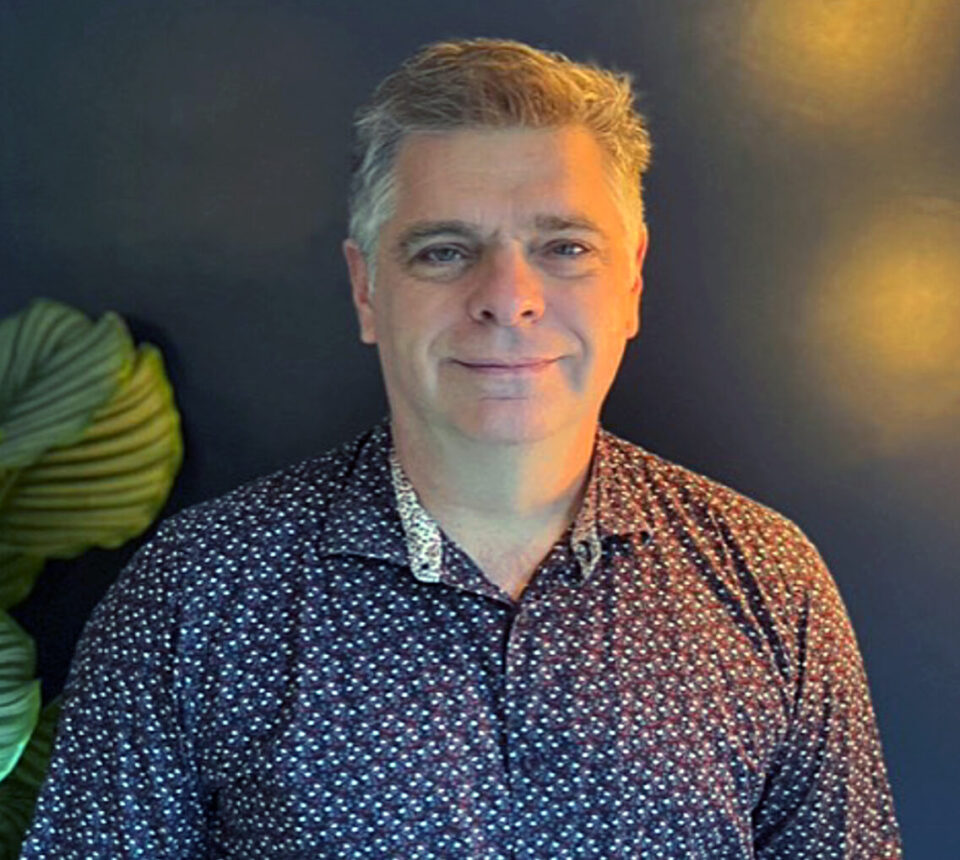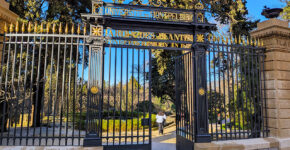Alain Lacampagne: (ionic) channels at the heart
Director of the Laboratory of Physiology and Experimental Medicine (University of Montpellier/CNRS/Inserm), Alain Lacampagne has just been awarded the CNRS Silver Medal for his work on the role of calcium homeostasis in conditions such as heart failure and Duchenne muscular dystrophy. The medal recognizes a career devoted to a holistic understanding of medicine and promising therapeutic avenues.

A career rewarded with the CNRS silver medal—what recognition for someone who admits to having suffered from imposter syndrome not so long ago. "My background didn't predestine me for this," explains Alain Lacampagne. "This" refers to his position as research director at the CNRS and director of the Laboratory of Physiology and Experimental Medicine of the Heart and Muscles (PhyMedExp). "At 18, I could have gone astray," recalls the medalist with a half-smile.
As a physiologist, Alain Lacampagne has contributed to our understanding of the role of ion channels, proteins found in our cell membranes that are involved in regulating calcium concentration (calcium homeostasis), in various diseases such as Duchenne muscular dystrophy and heart failure. This is a public health issue, as heart failure affects more than 10% of people over the age of 70.
The novelty of his work also lies in having demonstrated the consequences of ion channel dysfunction on the entire body. "Heart failure is linked to calcium homeostasis dysfunction in the heart, which prevents cells from contracting properly. But the problem is not limited to this organ. Effects can also be observed in other muscle cells, as well as in the brain, leading to cognitive disorders," explains the researcher. It is this holistic approach that has been recognized with the CNRS Silver Medal, "a difficult approach that really requires the work of a physiologist because it is based on an understanding of integrated living phenomena."
Multiple medalist
The researcher has also worked on designing and evaluating patented therapeutic strategies targeting these ion channels. His French and American partners identify drug candidates, and his team provides methodological expertise for testing the molecules. "By prolonging life, current treatments targeting the heart are causing other disorders to appear in patients due to their effects on other organs," adds Alain Lacampagne. The therapeutic benefit of a comprehensive treatment is that it prevents the disease from spreading.
After obtaining a PhD in physiology in 1995, he went on to do postdoctoral research in Baltimore, where he developed sophisticated engineering techniques for analyzing the mechanisms of calcium homeostasis. He then did a second postdoctoral fellowship at InsermInserm in Montpellier, which led to a comparison between the physiology of the heart and that of motor muscles. "I already believed that a comparative approach was highly instructive for better understanding a system," the scientist points out. It was there that he was recruited by the CNRS in 1999, after four applications: "I now enjoy recalling how difficult it was to obtain this position," says the man for whom recognition was not long in coming. In 2004, he received the CNRS bronze medal. Then, ten years later, he received an American distinction, the Schaefer Research Award from Columbia University, where he was seconded for a year.
“Taking a risk again”
A key aspect of his work is experimentation. "It cannot be limited to the cellular level if we want to understand the mechanisms at the organism level and the overall effects of a treatment," explains the researcher, who may resort to animal testing. Aware of the ethical issues involved, he leaves it up to society to decide where its priorities lie. The creation of organoids—complex cellular systems that reproduce mini-organs in culture dishes—also allows him to partially dispense with animal experimentation.
In addition to his research achievements, Alain Lacampagne has contributed to the development of the PhyMedExp laboratory, which he has been directing for nearly three years. From a handful of researchers when he arrived as a postdoc in 1998, the lab now has 120 permanent staff, in addition to students. "Several members of my team, who have become research directors, have chosen to stay, which for me is a testament to the quality of our professional relationships," says the director.
After a career devoted to calcium homeostasis, from identifying mechanisms to identifying pathophysiological processes and therapeutic avenues, the next step is obvious: supporting the development of treatments. "Today, I can afford to take another risk," explains Lacampagne, who is considering building bridges between his research and medical entrepreneurship. "Several patents have been filed, but it's difficult to find pharmaceutical partners willing to commit to new treatments,"explains Alain Lacampagne. He believes in a new treatment he helped develop with his colleagues to combat the harmful effects of mechanical ventilation, which causes respiratory muscle cell dysfunction in intensive care patients.
Among the winners of the 2023 CNRS Silver Medals is Ludovic Berthier, a specialist in statistical physics at the Charles Coulomb Laboratory (UM/CNRS). He will soon be featured in the UM portraits.
